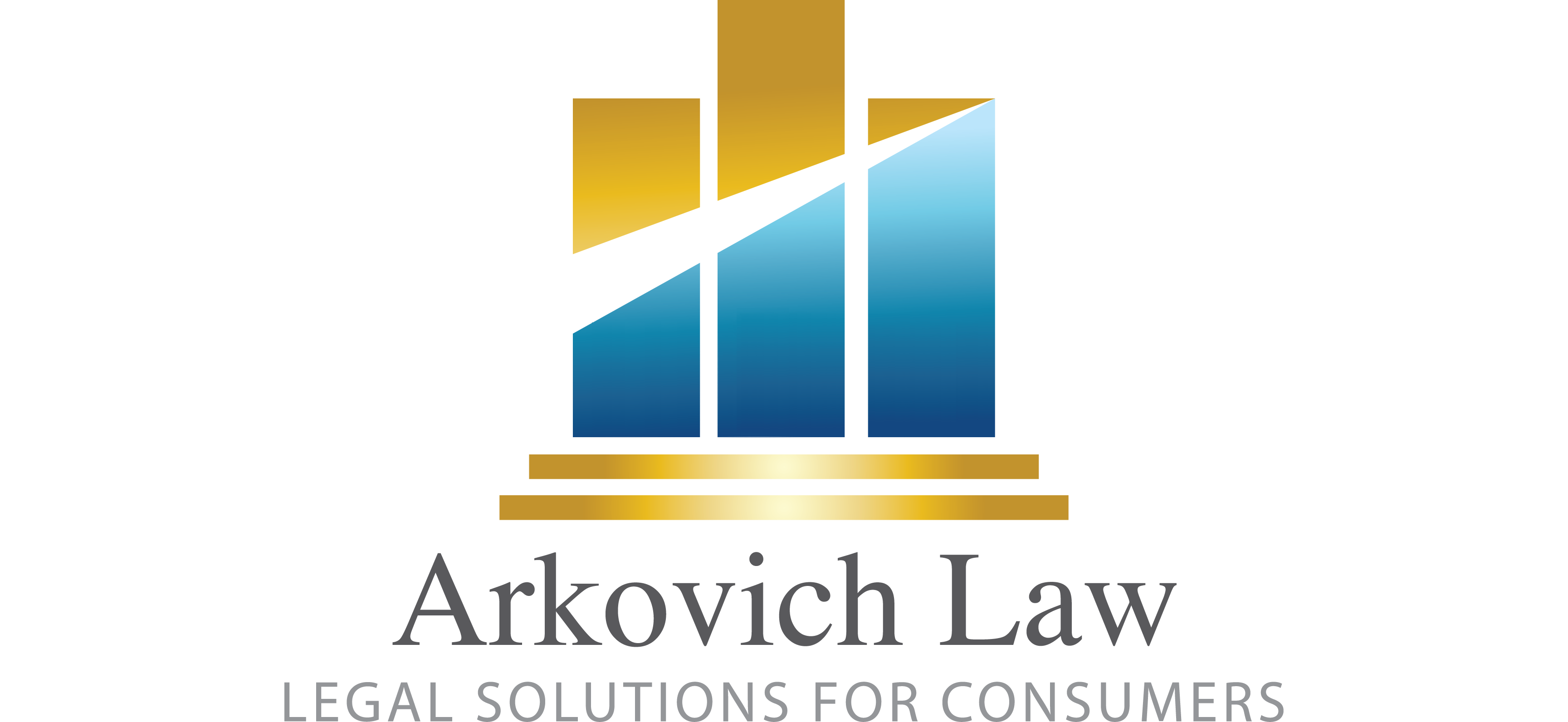 So what better time to expound upon the benefits of the Student Loan Management Program (“SLMP”) here in a Florida bankruptcy. I am sure that many of you are thinking if this is so great, why hasn’t it been utilized much to date?
So what better time to expound upon the benefits of the Student Loan Management Program (“SLMP”) here in a Florida bankruptcy. I am sure that many of you are thinking if this is so great, why hasn’t it been utilized much to date?
Well, mostly it’s due to timing. The SLMP began in the Middle District of Florida October 1, 2019 to address the $1.5 trillion student loan debt owed by forty-four million Americans. Only a few months after the ink dried on the SLMP administrative order, the COVID pause for student loans occurred in March 2020. Thereafter, there were many extensions, and finally a soft start to loan repayment began on September 30, 2023. However, for those who were unable to pay, for the first year until October 2024, there was no negative credit reporting or debt collection. Finally, over the past couple of years, the Biden administration tried to get as many borrowers as possible enrolled in SAVE which offered forbearance once SAVE came under question and an injunction imposed on July 1, 2024. Re-certification of income under various Income Driven Repayment Plans (“IDR”) kept getting pushed forward, with many borrowers having deadlines of 2026 or even after 2030. Bottom line, student loan debt repayment was not a priority for many Americans.
However, we believe that consumer borrowers will need to address their student loan debt rapidly beginning this Fall. Using the SLMP portal is necessary in bankruptcy for those with student loans in order to obtain relief in an IDR plan, partial or full discharge of student debt, or otherwise address what is usually a mountain of debt. Applications for programs can be submitted via the portal when ordinarily they are rejected upon the filing of a bankruptcy. See “Why Do We Need the Student Loan Management Program? Court Connection Vol. No. 8 – Issue No. 4, October 2019
 Reboot Your Life: Tampa Student Loan and Bankruptcy Attorney Blog
Reboot Your Life: Tampa Student Loan and Bankruptcy Attorney Blog



